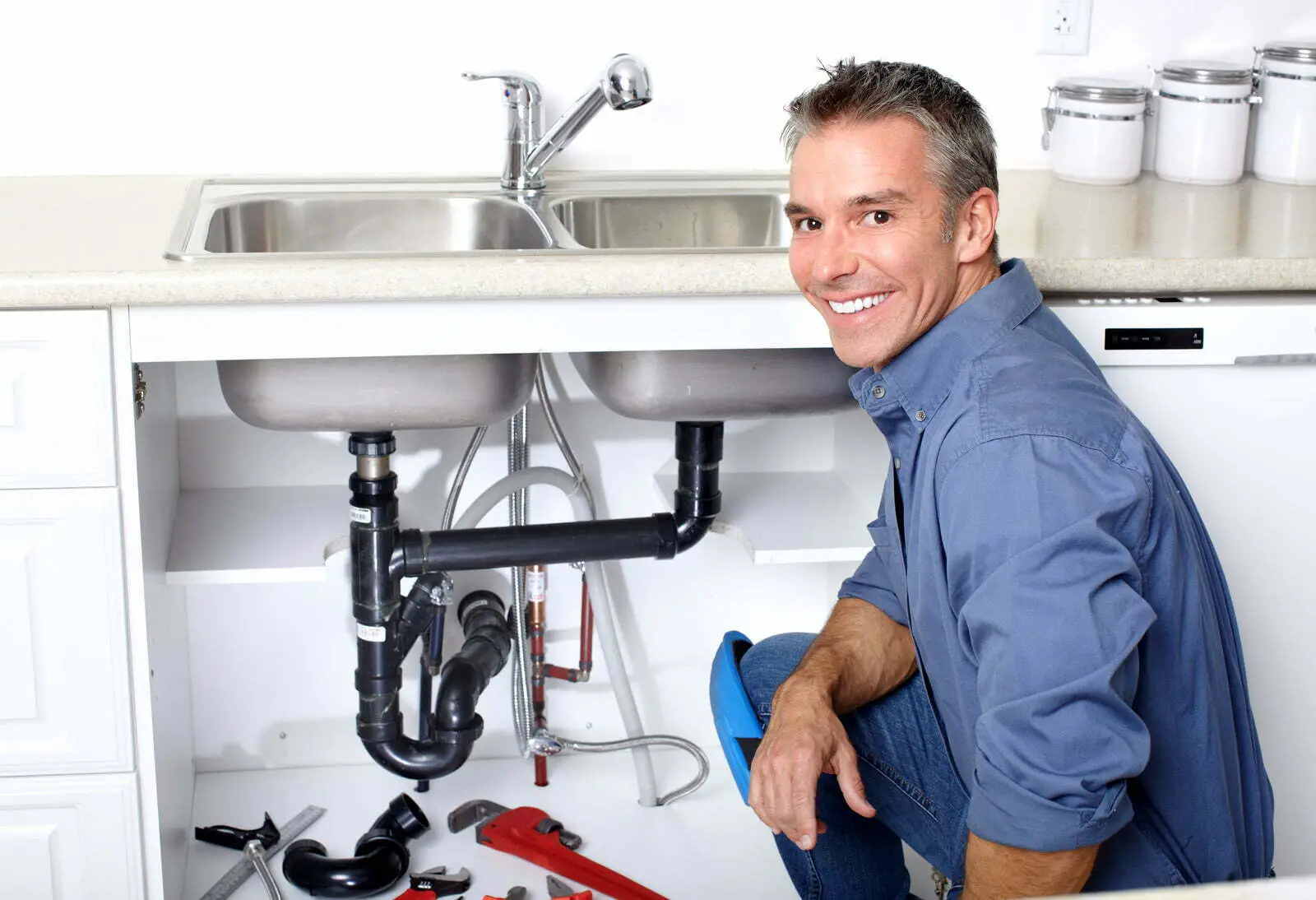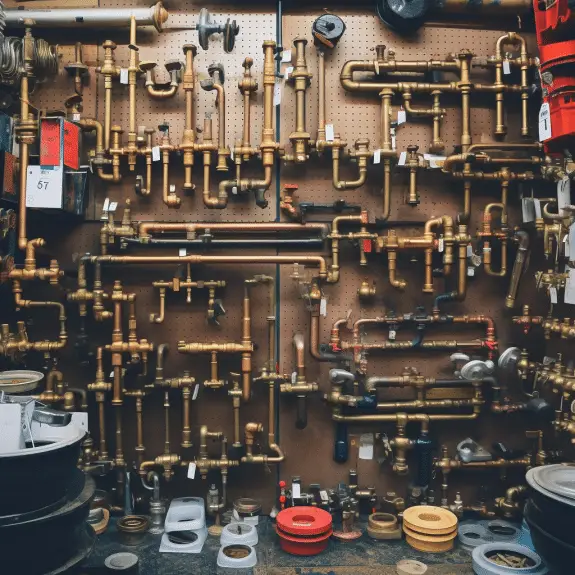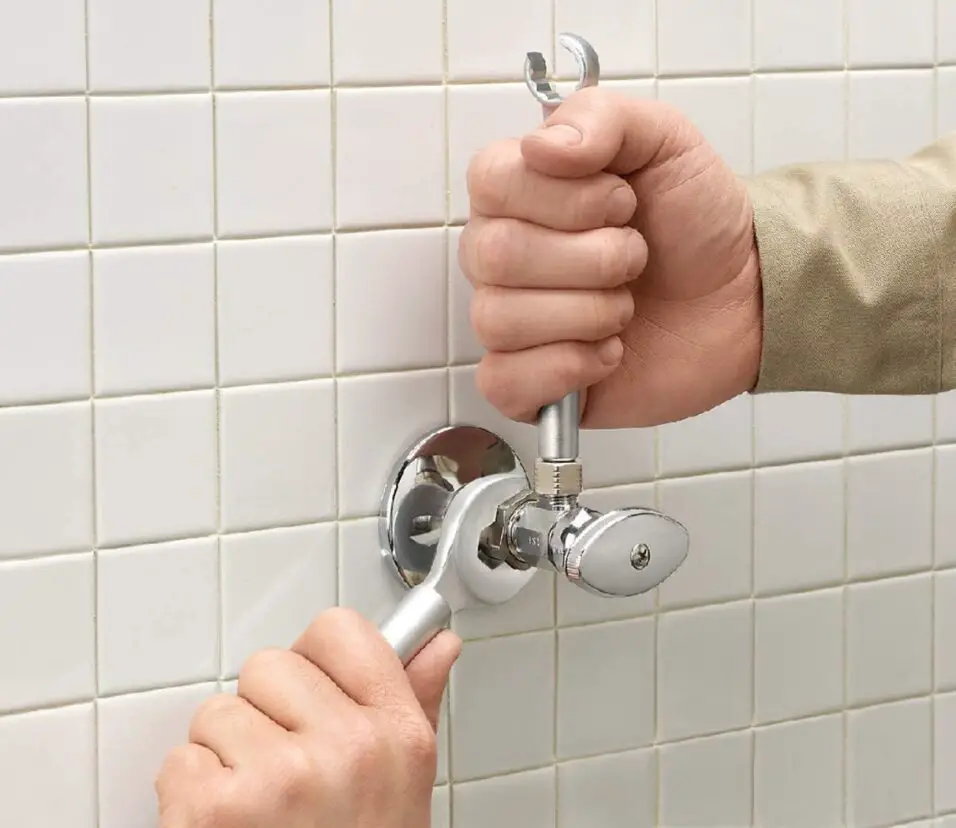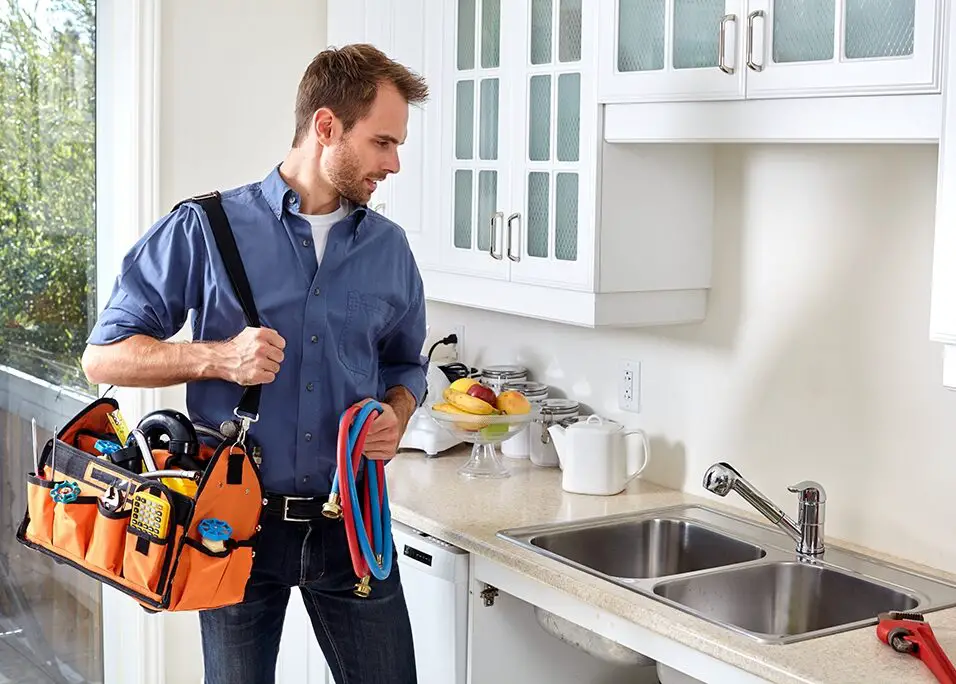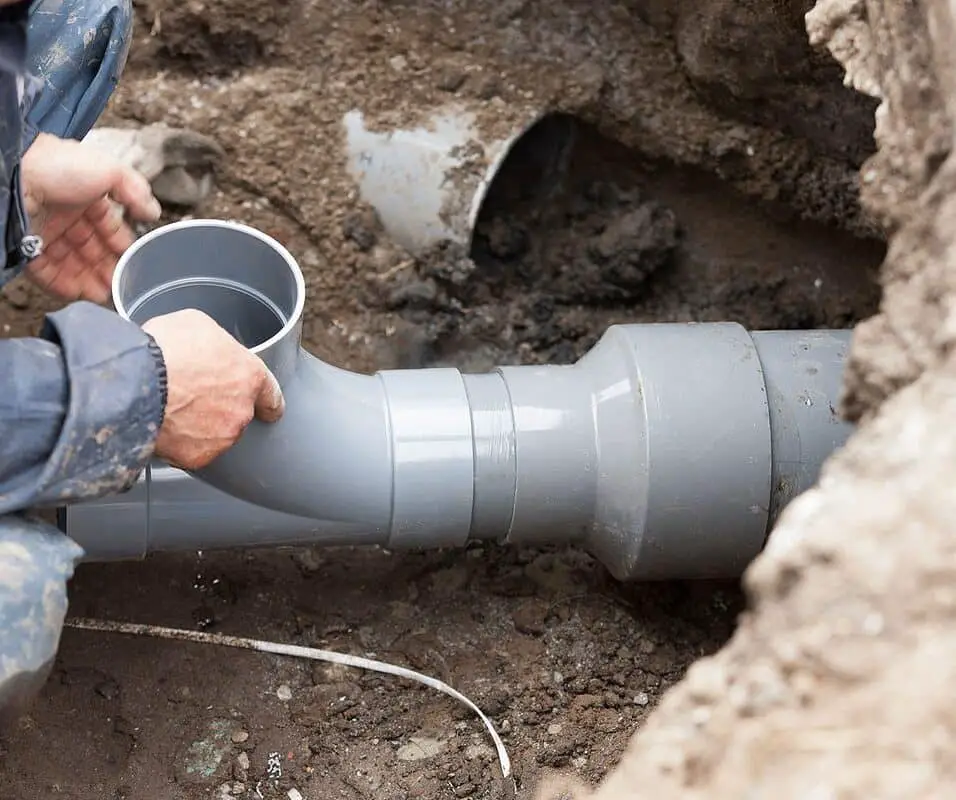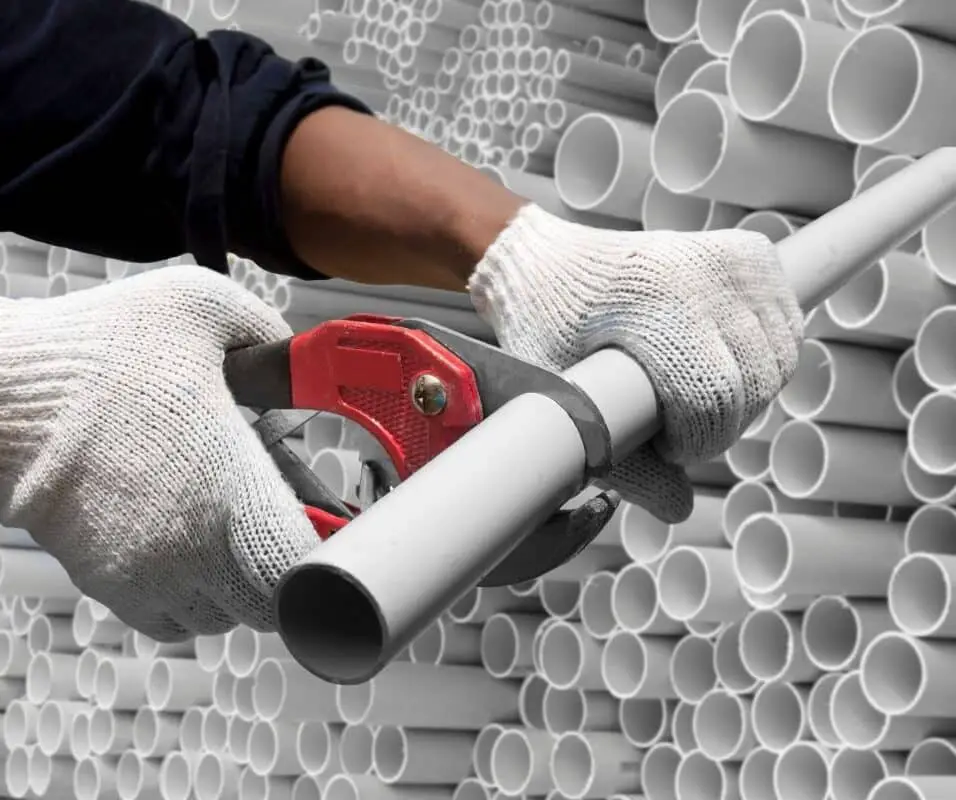How Long To Become Master Plumber
Introduction:
The length of time it takes to become a master plumber depends on your training, experience, and expertise in plumbing. Plumbing aspirants often question how long it takes to become a master plumber and what processes are involved. The timeline of become a master plumber, the factors that affect it, and the relevance of certifications and licensing will be discussed.
Obtaining master plumber certification takes years of training and experience. The time to become a master plumber depends on the individual’s devotion, prior expertise, and local regulatory requirements. Depending on the path and effort, master plumbership can take 5–10 years or more.
The journey to becoming a master plumber usually begins with an apprenticeship program. Apprenticeships provide aspiring plumbers with hands-on training and practical experience under the guidance of experienced professionals. The duration of an apprenticeship can range from 2 to 5 years, during which apprentices learn various plumbing techniques, codes, safety protocols, and gain a comprehensive understanding of plumbing system.

How long does it take to become a master plumber in Texas?
MASTER PLUMBER
Texas or another state has issued you a Journeyman Plumber license for at least four years. Your Texas or other state Journeyman Plumber license has been held for at least one year, and you completed an approved training program.
Texas master plumbers need years of school, training, and experience. The time and work required to become a master plumber varies, but it usually takes a long period.
Texas requires high school graduation or a GED to become a master plumber. They can then enter a four- to five-year plumbing apprenticeship. Plumbers receive hands-on training under certified plumbers during this apprenticeship.
Journeyman plumbers must pass the Texas state licensing exam after the apprenticeship. They’re tested on plumbing codes, laws, and practices. Once licensed, journeyman plumbers must gain experience and master their specialty. The required experience usually ranges from two to five years.
How long does it take to become a master plumber in Michigan?
After three years (6,000 hours) of documented work under a licensed authorized master plumber, you can apply to get your Journey Plumber license. After holding your Journey license for two years (4,000 hours) of documented work, you can apply to get your Master Plumber license.
Becoming a master plumber in Michigan requires a significant investment of time and dedication to the plumbing trade. The specific duration to achieve master plumber status can vary depending on individual circumstances, such as prior experience, education, and the time commitment one can dedicate to the training process.
In Michigan, the typical path to becoming a master plumber involves several steps. First, aspiring plumbers need to complete an apprenticeship program, which usually lasts around four to five years. During this apprenticeship, individuals gain hands-on experience working under the supervision of licensed plumbers while also attending classroom instruction.
After completing the apprenticeship, plumbers must then obtain a journeyman plumber license, which typically involves passing an examination. This license allows them to work independently under the supervision of a master plumber.
What is the average age of a master plumber in the US?
58
The average tradesperson is 45; a master plumber is 58. income.com reported that in 2021, plumbers earned $58,059, far above the U.S. average of $31,133. The beginning income is $1,000 per week.
The average age of US master plumbers is difficult to determine due to a lack of data. General trends and observations in the plumbing sector suggest that the average US master plumber is older.
To become a master plumber, you need years of experience and on-the-job training. Many expert plumbers have worked in the business for a long period.
In recent years, a shortage of competent personnel has led to an ageing plumbing workforce. Since younger people choose various careers, master plumbers are aging, increasing need for experienced plumbers.
How long does it take to become a master plumber in NYC?
To rise up to master plumber, you must have at least seven years of total experience as a journeyman plumber before obtaining a license from the city. Master plumbers can supervise journeyman plumbers as well as continue to perform plumbing work.
The path to becoming a master plumber in New York City (NYC) requires a significant amount of time, training, and experience. While the specific timeframe may vary depending on an individual’s dedication and circumstances, it typically takes several years to achieve mastery in this field.
To begin, aspiring plumbers in NYC usually need to complete a formal apprenticeship program, which typically lasts four to five years. During this period, apprentices work under the guidance of experienced plumbers, gaining practical knowledge and skills through on-the-job training. Additionally, they may be required to attend classroom instruction to learn about plumbing codes, regulations, and safety procedures.
After completing the apprenticeship, individuals are eligible to apply for a journeyman plumber license, which allows them to work independently under the supervision of a master plumber. However, to become a master plumber themselves, they need to accumulate further experience as a journeyman.
To qualify for a master plumber license in NYC, individuals typically need to have a certain number of years working as a journeyman plumber, ranging from 7 to 10 years. They also need to pass a rigorous examination that tests their knowledge of plumbing theory, practical skills, and local building codes.
What is the lowest salary for a plumber?
Plumbers earn an average yearly salary of $62,390. Wages typically start from $37,560 and go up to $120,720.
The lowest salary for a plumber can vary depending on several factors such as location, experience, and industry. However, it is important to note that wages for plumbers tend to be relatively stable and often exceed the minimum wage in most regions.
On average, an entry-level plumber can expect to earn a minimum salary of around $30,000 to $40,000 per year. This would typically apply to individuals who have completed their plumbing apprenticeship or vocational training but have limited work experience. As they gain more experience and expertise in the field, their earnings can increase significantly.
Additionally, geographical location plays a significant role in determining a plumber’s salary. Wages can vary from one region to another due to differences in living costs, demand for skilled labor, and local market conditions. Plumbers working in urban areas or metropolitan cities may earn higher salaries compared to those in rural or less populated areas.
Moreover, plumbers who specialize in specific areas such as commercial plumbing,
Do I need a license to be a master plumber?
Yes, most jurisdictions require plumbers to be licensed, especially if they want to work independently as a master plumber. Licensing ensures that plumbers meet certain competency standards and adhere to local plumbing codes and regulations.
Yes, in most jurisdictions, you will need a license to work as a master plumber. A master plumber is a professional who has achieved a high level of expertise in the plumbing trade and is qualified to handle complex plumbing projects. The specific requirements for obtaining a master plumber license may vary depending on the region or country you are in.
To become a licensed master plumber, you typically need to meet certain educational and experiential requirements. This may involve completing an apprenticeship program, where you gain hands-on training under the guidance of experienced plumbers. Additionally, you may be required to pass a written examination to demonstrate your knowledge of plumbing codes, regulations, and industry practices.
Obtaining a license is important as it ensures that the master plumber has the necessary skills and knowledge to carry out plumbing work safely and effectively. It also provides assurance to clients that they are hiring a qualified professional.
What are the benefits of becoming a master plumber?
Becoming a master plumber offers several benefits, including higher earning potential, increased job opportunities, the ability to work independently, and the potential to start your own plumbing business.
Becoming a master plumber can offer numerous benefits and open up a range of opportunities in the plumbing industry. Here are some advantages of achieving the master plumber status:
Expertise and Skill
As a master plumber, you have attained the highest level of skill and expertise in the plumbing trade. You possess an in-depth understanding of complex plumbing systems, codes, regulations, and industry best practices. This expertise allows you to handle intricate plumbing projects and provide effective solutions.
Career Advancement
Being a master plumber paves the way for career advancement and increased earning potential. With this esteemed title, you can pursue leadership roles such as project manager, supervisor, or even start your own plumbing business. Master plumbers are highly sought after for their advanced knowledge, experience, and ability to handle challenging projects.
Professional Recognition
Achieving the master plumber status brings professional recognition and respect within the industry. Clients, contractors, and fellow plumbers hold master plumbers in high regard due to their extensive training and demonstrated expertise. This recognition can lead to more lucrative job opportunities, partnerships, and networking prospects.
What is a master plumber?
A master plumber is a highly skilled and experienced professional who has completed the necessary training and licensing requirements to work independently in the plumbing industry. They possess advanced knowledge of plumbing systems, codes, and regulations.
A master plumber is a highly skilled and experienced professional in the field of plumbing. They have attained a high level of expertise and knowledge through years of training and practical experience. A master plumber has typically completed an apprenticeship program, followed by passing a comprehensive licensing exam to obtain their master plumber license.
The role of a master plumber encompasses various responsibilities and tasks. They are well-versed in the installation, repair, and maintenance of plumbing systems in residential, commercial, and industrial settings. This includes working with pipes, fixtures, appliances, and sewage systems.
Master plumbers are proficient in reading blueprints and understanding complex plumbing codes and regulations. They have a deep understanding of plumbing principles and can design and implement efficient and effective plumbing systems.
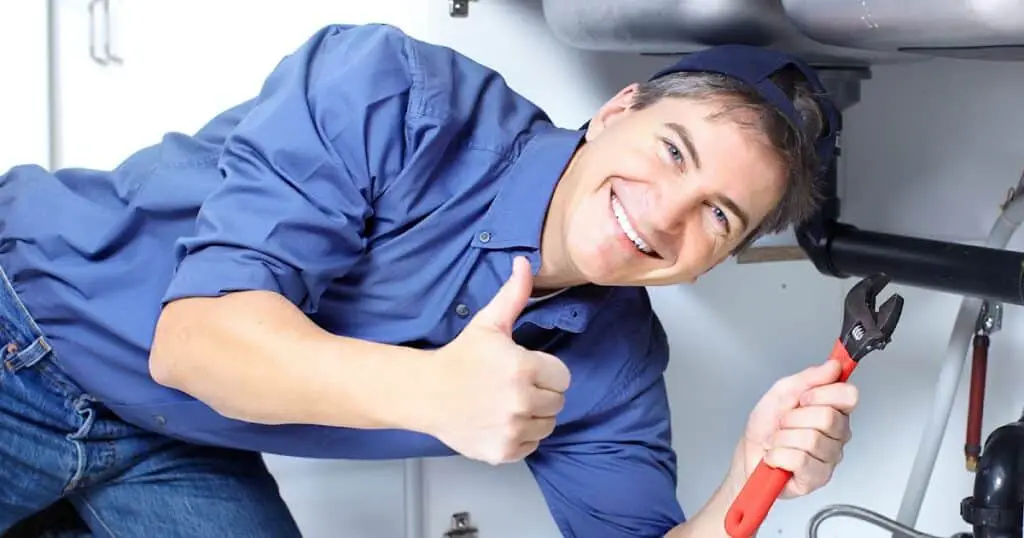
Conclusion
Becoming a master plumber is a journey that requires a significant investment of time, dedication, and experience. While the specific timeline can vary based on individual circumstances and regional regulations, it generally takes several years of training, apprenticeship, and practical work to achieve the status of a master plumber. The process typically begins with an apprenticeship program, providing hands-on training and foundational knowledge in plumbing techniques and systems.
From there, aspiring plumbers progress to becoming journeyman plumbers, gaining further experience and working under the supervision of master plumbers. The final step is achieving the status of a master plumber, which may require meeting additional requirements such as accumulating a certain number of years as a journeyman, completing advanced coursework, and passing a master plumber’s licensing exam. These steps ensure that master plumbers possess the necessary skills, knowledge, and qualifications to handle complex plumbing projects and lead teams.
Becoming a master plumber is a rewarding accomplishment that opens up opportunities for career advancement, increased earning potential, and the ability to take on more challenging plumbing projects. It is a profession that requires ongoing learning and staying up-to-date with the latest plumbing codes, regulations, and technologies. By investing the necessary time and effort into the training and experience required, individuals can embark on a fulfilling career as a master plumber and make significant contributions to the plumbing industry.



